New Scientist covers the latest developments in science and technology that will impact your world. New Scientist employs and commissions the best writers in their fields from all over the world. Our editorial team provide cutting-edge news, award-winning features and reports, written in concise and clear language that puts discoveries and advances in the context of everyday life today and in the future.
Elsewhere on New Scientist
A beacon of hope • Critics of the ageing International Space Station are missing the point
New Scientist
Etna unleashes explosive eruption
The dark matter web
‘Banana’ galaxies unpeel a mystery • Strange, banana-shaped galaxies spotted by astronomers seem to take this form because of filaments of dark matter, finds Alex Wilkins
Rising land under Antarctica could slow sea level rise
Smallest adult hominin ever found • An arm bone from an ancient human that lived 700,000 years ago adds a new piece to the puzzle of Homo floresiensis, the so-called hobbits that lived on the island of Flores, finds Michael Marshall
Keto diet does help fat loss but also raises levels of bad cholesterol
Streetlights may make leaves tough for insects to eat
Bacteria originally found in faeces help chronic wounds heal
Andean glaciers probably at their smallest size for 130,000 years
The downside of chat • Using chatbots or voice assistants to find out information makes it less likely you will spot errors
The upside-down secrets of the sex lives of frogs
Can we make a lunar backup of life? • Permanently shadowed regions on the moon would be ideal for preserving deep-frozen organisms
There really is water on the moon
Quantum dots help destroy ‘forever chemicals’ with light
Vision loss and high cholesterol linked to dementia risk
Vaccine could cut cow burp impact • A prototype vaccine reduces climate warming methane emissions from cows by 13 per cent
Black holes may inherit magnetic fields from stars
Cognitive effects from severe covid-19 seem to last for years
Algae turned into a green fuel ‘biofactory’
Brain cells may communicate using quantum entanglement
A slight curve helps a rock make the biggest splash
An AI is setting speed limits on a US freeway and making illegal suggestions
New type of wood found in tulip trees soaks up carbon fast
Whipped into shape • After a shocking video of an Olympian whipping a horse, it is time riders educated themselves about the science of horse training, says Christa Lesté-Lasserre
This changes everything • Plant-based internet Forget videos by gamers or influencers. The best livestream of the year so far was of a corpse flower slowly blooming on an Oregon farm, says Annalee Newitz
Salty waters
All life is here • The complex dynamic of how life has shaped Earth delivers an excellent finale to an ambitious trilogy exploring the evolution of intelligence, says Elle Hunt
The tale of a tree • Gentle, intimate cinematography plus a “cast” of real animals deliver an ode to an oak, finds Katie Smith-Wong
New Scientist recommends
The TV column • Fun and games Netflix’s The Decameron adds style and literary tropes to a licentious 14th-century classic. But it keeps the original’s attacks on class and power, adding veiled satire about our own tech elite, says Bethan Ackerley
Your letters
The one and only • The stereotype is that only children are spoilt, self-centred and neurotic. Now, researchers are turning some of these common misconceptions on their head, finds Amanda Ruggeri
Only children on the rise
What goes up… • How is NASA is planning to decommission the International Space Station? And what...

 Jan 04 2025
Jan 04 2025
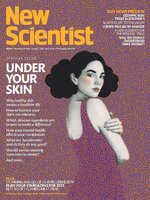 Dec 28 2024
Dec 28 2024
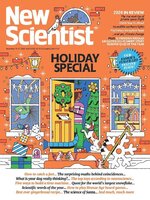 Dec 14 2024
Dec 14 2024
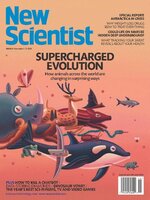 Dec 07 2024
Dec 07 2024
 Nov 30 2024
Nov 30 2024
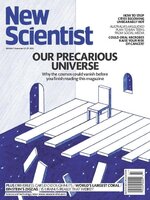 Nov 23 2024
Nov 23 2024
 Nov 16 2024
Nov 16 2024
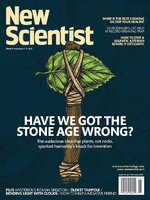 Nov 09 2024
Nov 09 2024
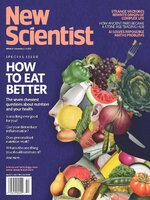 Nov 02 2024
Nov 02 2024
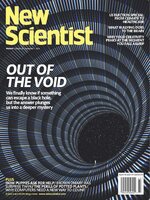 Oct 26 2024
Oct 26 2024
 Oct 19 2024
Oct 19 2024
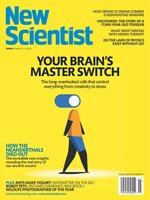 Oct 12 2024
Oct 12 2024
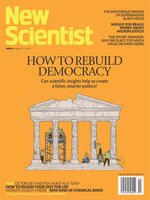 Oct 05 2024
Oct 05 2024
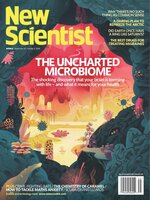 Sep 28 2024
Sep 28 2024
 Sep 21 2024
Sep 21 2024
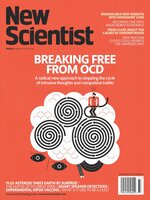 Sep 14 2024
Sep 14 2024
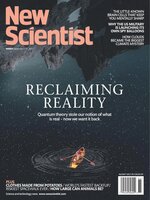 Sep 07 2024
Sep 07 2024
 Aug 31 2024
Aug 31 2024
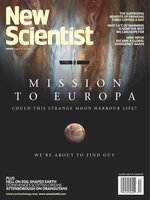 Aug 24 2024
Aug 24 2024
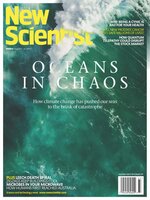 Aug 17 2024
Aug 17 2024
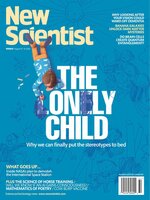 Aug 10 2024
Aug 10 2024
 Aug 03 2024
Aug 03 2024
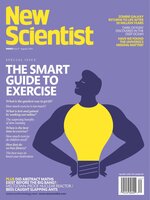 Jul 27 2024
Jul 27 2024
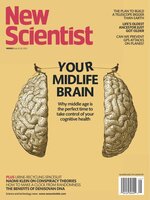 Jul 20 2024
Jul 20 2024
